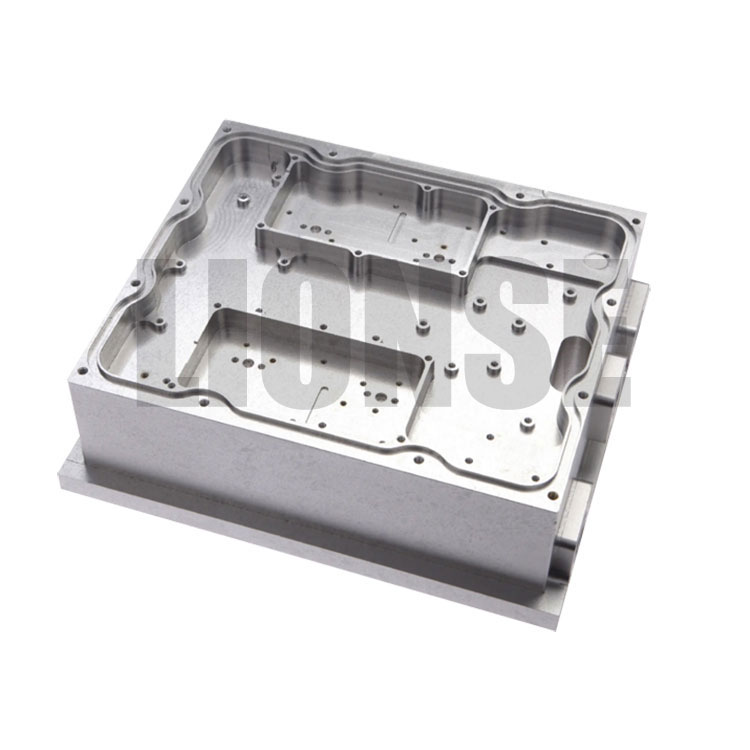Key Points about Aluminum CNC Precision Machining Parts
2024-04-18
Aluminum CNC precision machining parts are components made from aluminum alloy using Computer Numerical Control (CNC) machining processes with high accuracy and tight tolerances. Aluminum is a popular choice for CNC machining due to its favorable properties, including lightweight, excellent machinability, corrosion resistance, and thermal conductivity. Here are some key points about aluminum CNC precision machining parts:
1. Material Selection: Aluminum alloys such as 6061, 7075, and 2024 are commonly used for CNC machining due to their high strength-to-weight ratio, machinability, and availability. The specific alloy chosen depends on factors such as mechanical properties, corrosion resistance, and cost considerations.
2. CNC Machining Processes: CNC machining encompasses a range of processes such as milling, turning, drilling, tapping, and threading, which are controlled by computer programs to precisely shape and finish aluminum parts according to design specifications.
3. Tight Tolerances: CNC machining offers high precision and repeatability, allowing for the production of aluminum parts with tight tolerances typically ranging from a few micrometers to tens of micrometers. This ensures accurate dimensions and fitment of the machined parts.
4. Complex Geometries: CNC machining enables the production of aluminum parts with complex geometries, intricate features, and fine details that may be difficult or impossible to achieve with conventional machining methods.
5. Surface Finish: Various surface finishes can be achieved through CNC machining, including smooth finishes, textured surfaces, and polished or anodized coatings, depending on the desired aesthetics and functional requirements of the aluminum parts.
6. Cost-Effective Production: While CNC machining may have higher initial setup costs compared to other manufacturing methods for aluminum parts, such as die casting or extrusion, it offers cost-effective solutions for low to medium volume production runs due to its flexibility, versatility, and minimal tooling requirements.
7. Applications: Aluminum CNC precision machining parts find applications across diverse industries, including aerospace, automotive, electronics, medical devices, consumer goods, and industrial machinery. Common examples include aircraft components, automotive engine parts, electronic enclosures, and structural elements.
8. Quality Control: Rigorous quality control measures are employed during CNC machining to ensure the dimensional accuracy, surface finish, and mechanical properties of the aluminum parts meet or exceed the specified requirements. This may include in-process inspections, dimensional measurements, and material testing.
Overall, aluminum CNC precision machining parts offer a combination of high precision, versatility, and cost-effectiveness, making them a preferred choice for a wide range of applications where lightweight, durable, and precisely engineered components are required.



